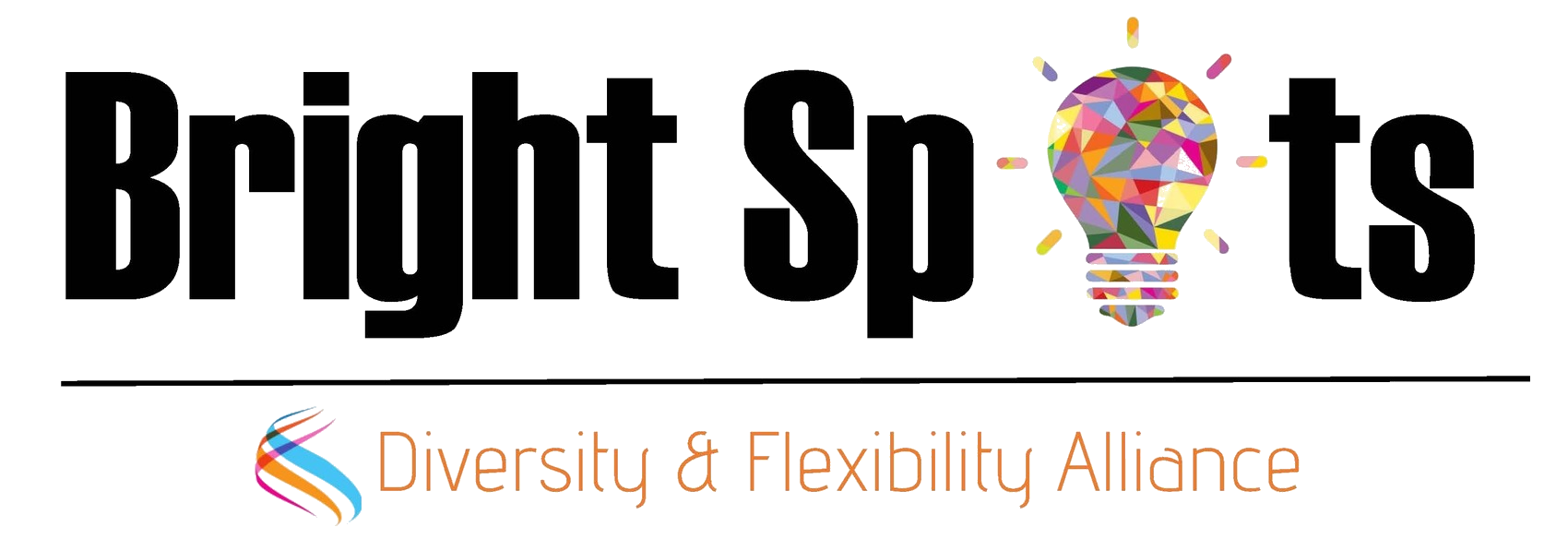Our Spotlight on Flex showcases professionals from member organizations who exemplify personal and professional success while working a flexible schedule. Their stories illustrate the long-term benefits that flexible schedules offer to both individuals and organizations.
For April 2019, we are pleased to share insights from Ann Rives Associate, Crowell & Moring (Washington, DC).
Diversity & Flexibility Alliance: How have you made flexibility a priority and a success with your career? How has the firm supported this?
Ann Rives: I was a rising third year associate when I lateraled to the antitrust group at Crowell and Moring in 2008. I was working full time, but went on maternity leave with my first child in December 2009. Crowell has a Balanced Hours policy that allowed me to return on a reduced schedule, and when I returned to work, I came back at a 60% reduced hours schedule. This was still relatively uncommon at the time, but coupled with the leave policy, Crowell has always shown its support of flexible work and its people.
But life happens, and when my son turned one, my husband’s new job required him to travel four days a week. We knew one of us needed a more stable schedule to be present for our son, and it was going to be me. I left the firm, but the antitrust group leaders and the firm made it clear that the door would always be open if I wanted to come back – even just to work on special projects. As hard as it was to leave in 2010, it was a great feeling to know I had a place to come back to at this caliber of a firm with amazing colleagues.
I made it a point to stay in contact after I left, and once my second child entered pre-school in 2013, I reached out to see if I could work on special projects for the antitrust group. The partners and the firm were incredibly receptive; we discussed what type of work I wanted, how many hours I could give, and how we could make it all work together.
Our agreed upon arrangement (and current flex schedule) is I’m an associate and bill an hourly rate with no annual requirement – it’s bill as you go, and I work primarily from home. The work ebbs and flows, and I bill anywhere between 7 – 20 hours a week. As lawyers, we’re trained to work on tight deadlines. But if you plan ahead and think about the work in the pipeline, there are things that can be pulled out of the “need it now” lane and reassigned to “non-urgent, but essential” lane instead. I focus on the latter items – complex research with high attention to detail work – and I love it!



